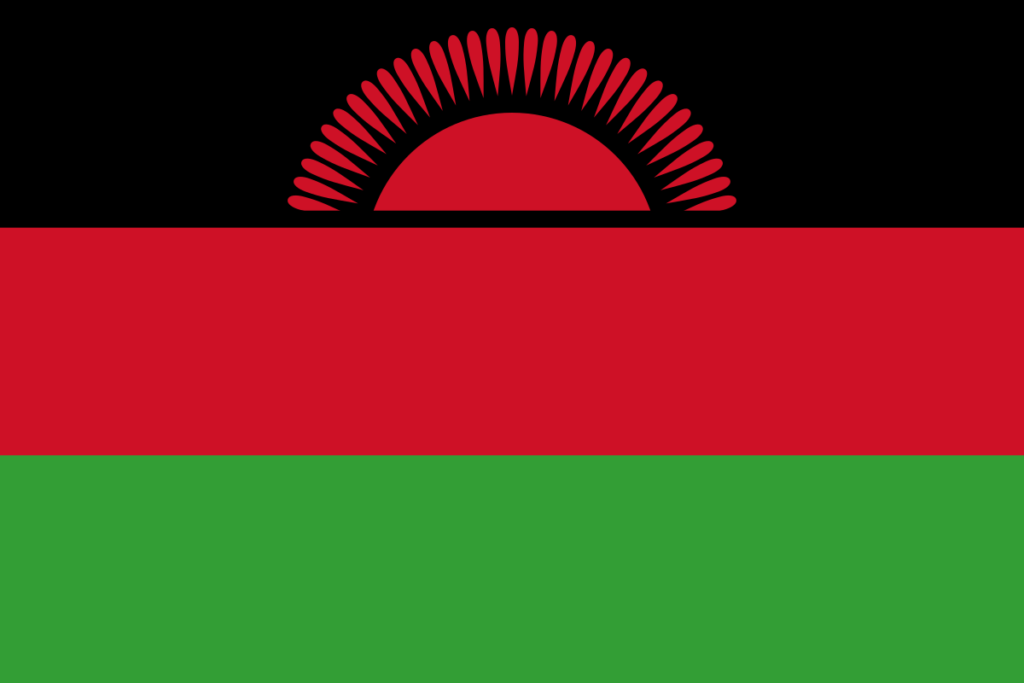Rationalising antibiotic use in treatment of bloodstream infections and urinary tract infections in patients treated in healthcare facilities in Malawi
National AMR Context
The misuse of antibiotics globally, in clinical and community settings, is a significant factor contributing to the development of antimicrobial resistance (AMR). Sub-Saharan African countries, including Malawi, have shown a high prevalence of AMR due to irrational use of antibiotics. These countries face a substantial burden of infectious diseases, such as Urinary Tract Infections (UTIs) and Bloodstream Infections (BSIs), and a correlation has been observed between antibiotic consumption and the prevalence of resistance.
Malawi has initiated an Antimicrobial Stewardship Programme, but it is still in its early stages. National guidelines have been established, and some facilities have formed committees to oversee stewardship activities, particularly in tertiary and district hospitals. However, these committees are still finding their footing and require ongoing support from the AMRNCC.
Point Prevalence Surveys, along with the AMRNCC, revealed a limited number of antibiotic prescriptions backed by microbiology evidence. As of now, there have been no formal studies conducted to evaluate the effectiveness of the AMS programme.
Problem
This project aims to thoroughly characterise existing prescription and management practices for UTI and BSI infections, establish and strengthen a formal AMS programme in six selected Malawian facilities, and assess the value of this intervention to optimise antibiotic use for BSI’s and UTI’s management. The evidence generated through this study will be invaluable in informing critical stakeholders at the healthcare and national-level, facilitating evidence-based decision-making to enhance patient safety and inform the development of AMS guidelines mitigation of AMR in the country.
Project overview
The project’s aim is to implement an Antimicrobial Stewardship (AMS) program in adult patients with Bloodstream Infections (BSIs) and Urinary Tract Infections (UTIs) in 6 Malawi public healthcare facilities to reduce inappropriate antibiotic use by 20% and improve prescription practices over a 3-year timeframe. The specific objectives are:
- To investigate the baseline prescriber knowledge, attitudes, and practices (behavioural research) regarding antibiotic use for the treatment of UTIs and BSIs in selected Malawian public healthcare facilities including prescription audit/PPS.
- To design, implement and evaluate the AMS Programme on prescription practices and antibiotic use for the treatment of UTIs and BSIs in the selected facilities.
- To assess the economic impact of implementing AMS programme for BSIs and UTIs in the 6 selected healthcare facilities.
- To develop policy briefs on the burden of AMR and the value of an AMS Programme based on the results as to inform a sustainable scale up plan for AMS in Malawi.
Solutions and outcomes
- Improved appropriate use of antibiotics for the treatment of UTIs and BSIs in selected primary, secondary and tertiary health care facilities in Malawi.
- Improved and demonstrated evidence to support the sustainability and scale up of the AMR intervention for BSI’s and UTI’s in the targeted health facilities.
- Improved understanding of the policy and system enablers and barriers (economic, behavioural and policy related) to support scale-up and sustainability of the AMS intervention in UTI’s and BSI’s in Malawi.
Facts
Region: Africa
Sector: Humans
Country: Malawi
Type: Implementation Research
Country partners: Ministry of Health, Antimicrobial Resistance Coordinating Centre (AMRCC), Kamuzu University of Health Sciences, Lilongwe Medical Relief Trust
Timescale: January 2024- December 2027
ICARS funding: 650,000 USD
ICARS Science Team



Share
Share this project on socials


